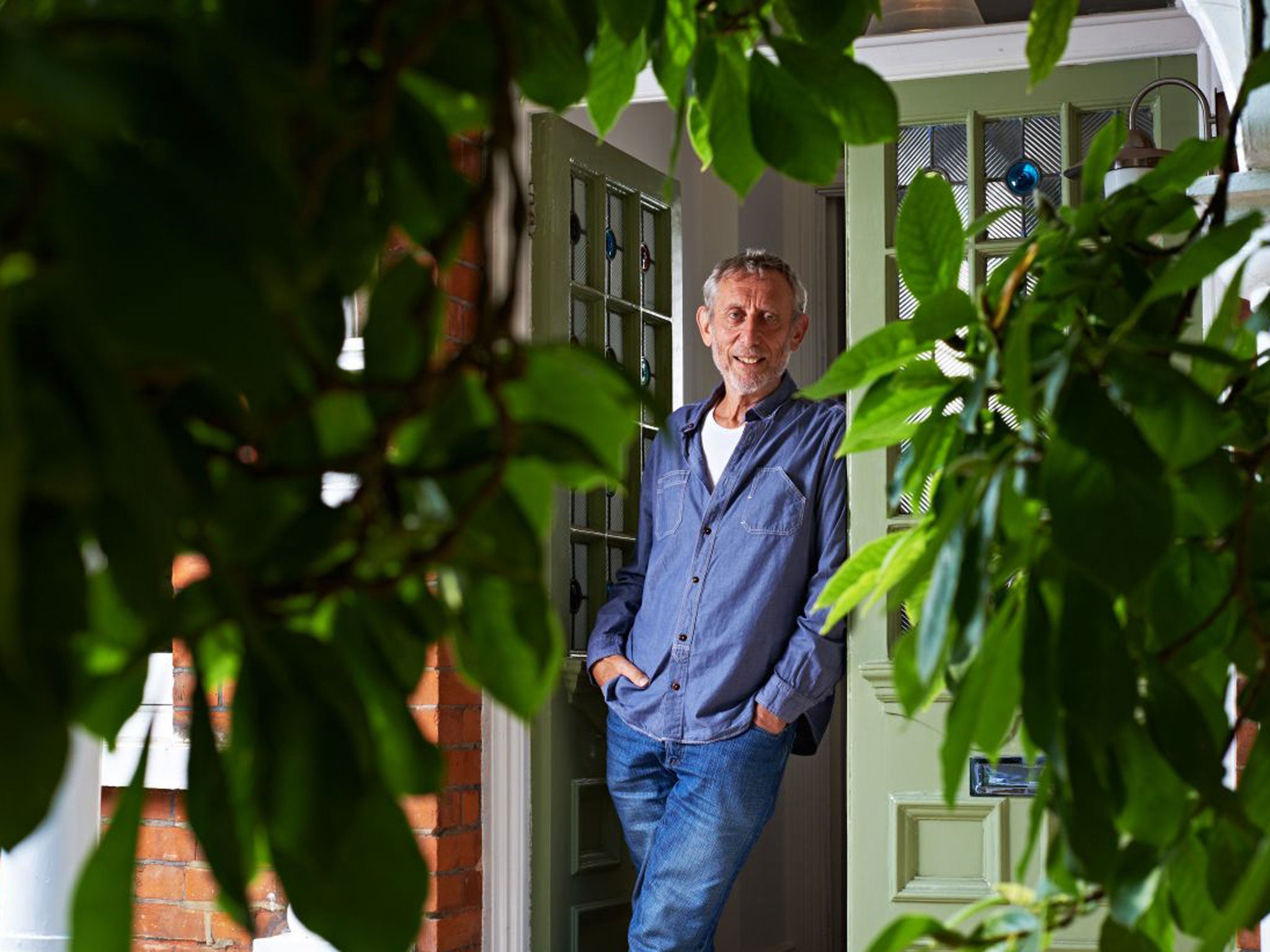Michael Rosen: Exam culture in schools doesn't teach children about the world
Rosen argues that tests are all about 'retrieval' and 'inference' and do not allow any 'interpretation'

Your support helps us to tell the story
From reproductive rights to climate change to Big Tech, The Independent is on the ground when the story is developing. Whether it's investigating the financials of Elon Musk's pro-Trump PAC or producing our latest documentary, 'The A Word', which shines a light on the American women fighting for reproductive rights, we know how important it is to parse out the facts from the messaging.
At such a critical moment in US history, we need reporters on the ground. Your donation allows us to keep sending journalists to speak to both sides of the story.
The Independent is trusted by Americans across the entire political spectrum. And unlike many other quality news outlets, we choose not to lock Americans out of our reporting and analysis with paywalls. We believe quality journalism should be available to everyone, paid for by those who can afford it.
Your support makes all the difference.Too many parents have been driven into a state of anxiety in the past decade by the high-stakes testing regime in schools, former Children’s Laureate Michael Rosen says today.
In an interview with The Independent, the poet and children’s author said: “You can see the anxiety that’s been caused in the past 10 years or so about their children and success and failure.
“Parents are very nervy about the kinds of hands on activities that can give children confidence and understanding. You can sit in a bookshop and see people buying books full of mock tests and blank pages to fill in and ignoring the real books.
“Enjoying them and developing feelings and ideas at a level that is age appropriate to the children will lead them on to a very powerful way of looking at the world, yet they seem to think the best way of getting to a good result is by filling in the blanks in these questions.”
It was this that prompted him to write a book, Good Ideas: How to be your own child’s (and you own) best teacher, which shows parents how everyday events can be a much better learning event than a diet of exams and testing. The philosophy of the book is summed up early in the first chapter: “We live in a world surrounded by all the stuff that education is supposed to be about: machines, bodies, languages, cities, votes, mountains, energy, movement, plays, food, liquids, collisions, protests, stones, windows."
He argues that tests are all about “retrieval” and “inference” and do not allow any “interpretation”. He cites the case of a test question pupils are told it is raining and Billy is wearing a blue hat and then asked why he is wearing the hat. Those that say because it is raining get two marks but the boy who says “because he is a Chelsea fan” is marked down even though that could be true, too.
He recalls how his father a teacher taught him how it was “very hard” for an exam to test whether a pupil was “good at finding out things - it won’t tell you why one pupil has learned something and another one hasn’t”.
“When people ask me about my education, I think of course about my schools and universities but part of me always wants to say ‘and the back yard, window sills and the alleyway where I lived’,” he says.
He is anxious to convey the fact that he is not being critical of schools in writing the book. It is just, he argues, that there is a world of learning beyond them.
He is, however, critical of the way the education system is run. His reaction to Michael Gove’s departure from the job of Education Secretary was, surprisingly, to burst out laughing. “We were told that [David] Cameron had been told research had found he was ‘toxic’,” he said. “Yet we’d been trying to tell him that for the past four years.”
“The serious part of me realises, though, that him leaving doesn’t address the issue of how we run education,” he said. “The power that’s invested in the Secretary of State whether it’s Nicky Morgan, Tristram Hunt or Michael Gove amazes me. Tristram used the word ‘I’ 30 times in a speech: ‘I will do this’, ‘I will do that’. Why, when we’ve got so many teachers who know better how to do it?"
In the meantime, though, he believes it is probably best get on with as much learning as we can.
“The car’s broken down,” he says in the book. “It’s a disaster. A car full of children stuck by the side of the road.” Yet the children are learning, picking up reeds and plants by the side of the road discussing what they are.
Good Ideas: How to be your child’s (and your own) best teacher is published by John Murray at www.johnmurray.co.uk
Join our commenting forum
Join thought-provoking conversations, follow other Independent readers and see their replies
Comments